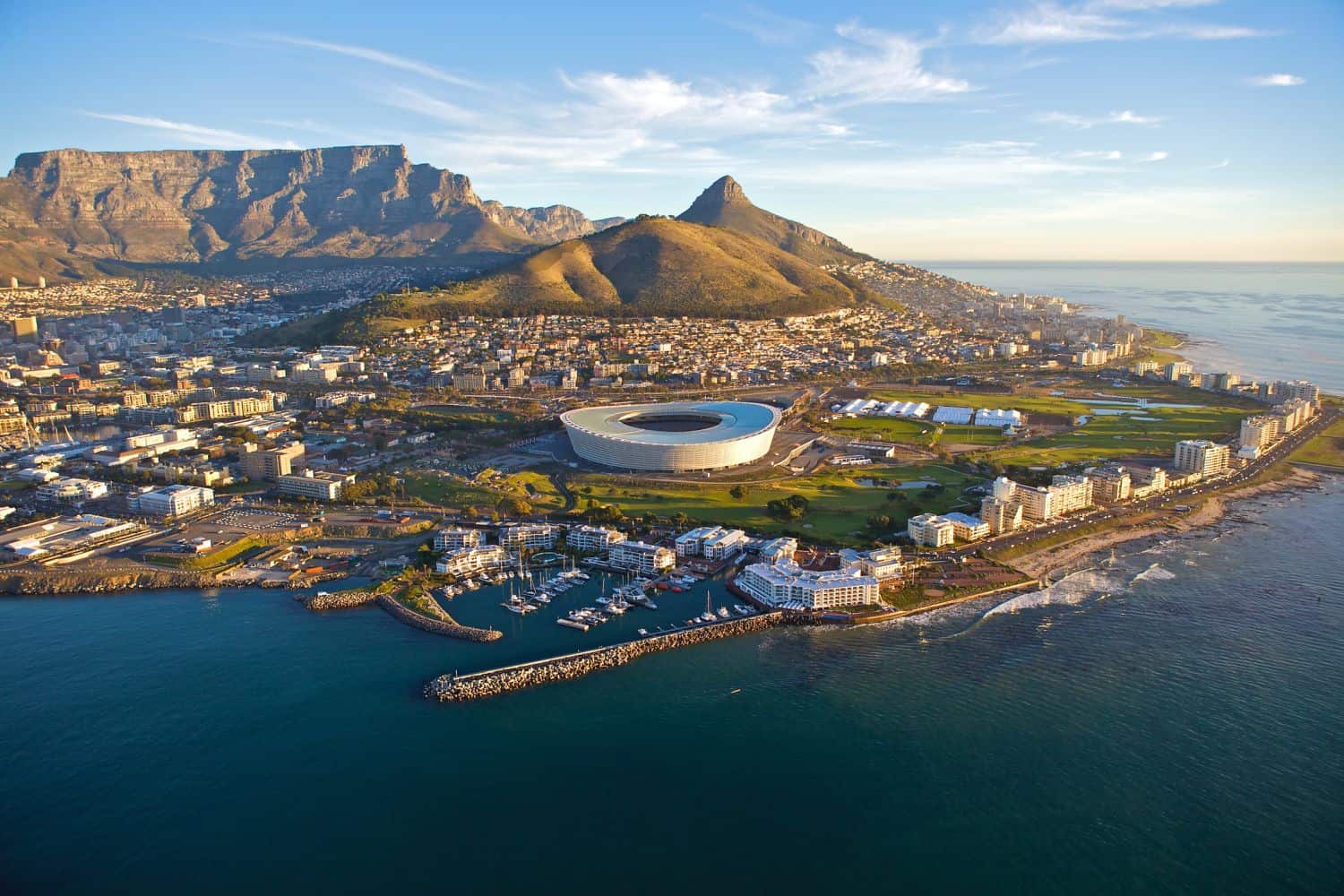International homebuyers have spent more than R1 billion in Cape Town in the first five months of 2025

Cape Town has become more popular, with international buyers now investing in property in the city. Due to this high demand, house prices in Cape Town are rising rapidly.
Some of these foreign buyers purchase homes to use as holiday houses, while others have moved to Cape Town permanently because it’s cheaper for them to live here. Many of those who have relocated work remotely and earn their salaries in stronger currencies, like US dollars, which gives them more spending power.
South Africans are finding it hard to compete. Most people in the country don’t earn as much money and are already struggling to afford basic living costs.
ALSO READ: House prices are rising in SA — here’s why
R1 billion spent in Cape Town on houses
Grant Smee, CEO of Only Realty Property Group, said data from Ooba Home Loans revealed that international homebuyers have spent more than R1 billion in Cape Town in the first five months of 2025. He noted that Cape Town reflects a combination of lifestyle appeal and foreign investment confidence.
While this has translated into higher price tags for many of the properties, he says there is still opportunity for local to find well-priced homes in the region’s more affordable suburbs.
“With 41 100 millionaires calling South Africa home, the Africa Wealth Report 2025 by Henley & Partners and New World Wealth cites Mzansi as Africa’s wealthiest nation – with Cape Town ranking among its richest cities,” says Smee.
“It also claims all five of the country’s most expensive suburbs, where property prices exceed R20 million: Camps Bay, Clifton, Constantia, Bantry Bay, and the Waterfront.”
Why are people moving to Cape Town?
Smee notes that there are several key factors for people moving Cape Town. The first is foreign investor demand.
“Between 2019 and 2024, Lightstone indicates that the proportion of non-resident foreign buyers increased from 2.9% to 3.7%, with average purchase prices exceeding R2.7 million – more than double that of local buyers,” Smee adds.
“Favourable exchange rates, global economic uncertainty and relative affordability compared to other coastal markets have driven demand for luxury homes across the Atlantic Seaboard and Southern Peninsula.”
ALSO READ: Where do the super-rich in SA live?
Good governance
“Cape Town’s well-run local administration continues to outperform other metros, with the Western Cape the highest-scoring province according to the latest Ratings Afrika Municipal Financial Sustainability Index,” he said.
Apart from that, he highlights that Cape Town’s geography is both an attraction and a constraint.
“Limited space for expansion keeps supply tight and prices elevated, particularly in high-demand suburbs like Clifton, Constantia and Bantry Bay.”
How South Africans can afford houses
Smee says although houses might be too expensive for the average South African, he says there are measures that can help them.
“As property prices rise, policymakers and the private sector are responding to growing affordability concerns in a number of ways.”
Taxing foreign buyers is a possible solution. A proposal to introduce a surcharge or tariff on foreign property purchases has gained traction among urban planners, as foreigners currently pay identical property tax rates as South Africans.
“While a proposed tax might open the market to local buyers, this would have to be carefully implemented so as not to deter investment in the country,” he advises.
He adds that banks are also introducing creative solutions to help first-time buyers enter the market. Smee makes an example that some banks allow for a group to buy one property.
NOW READ: Is a Rolex really a better investment than property?






